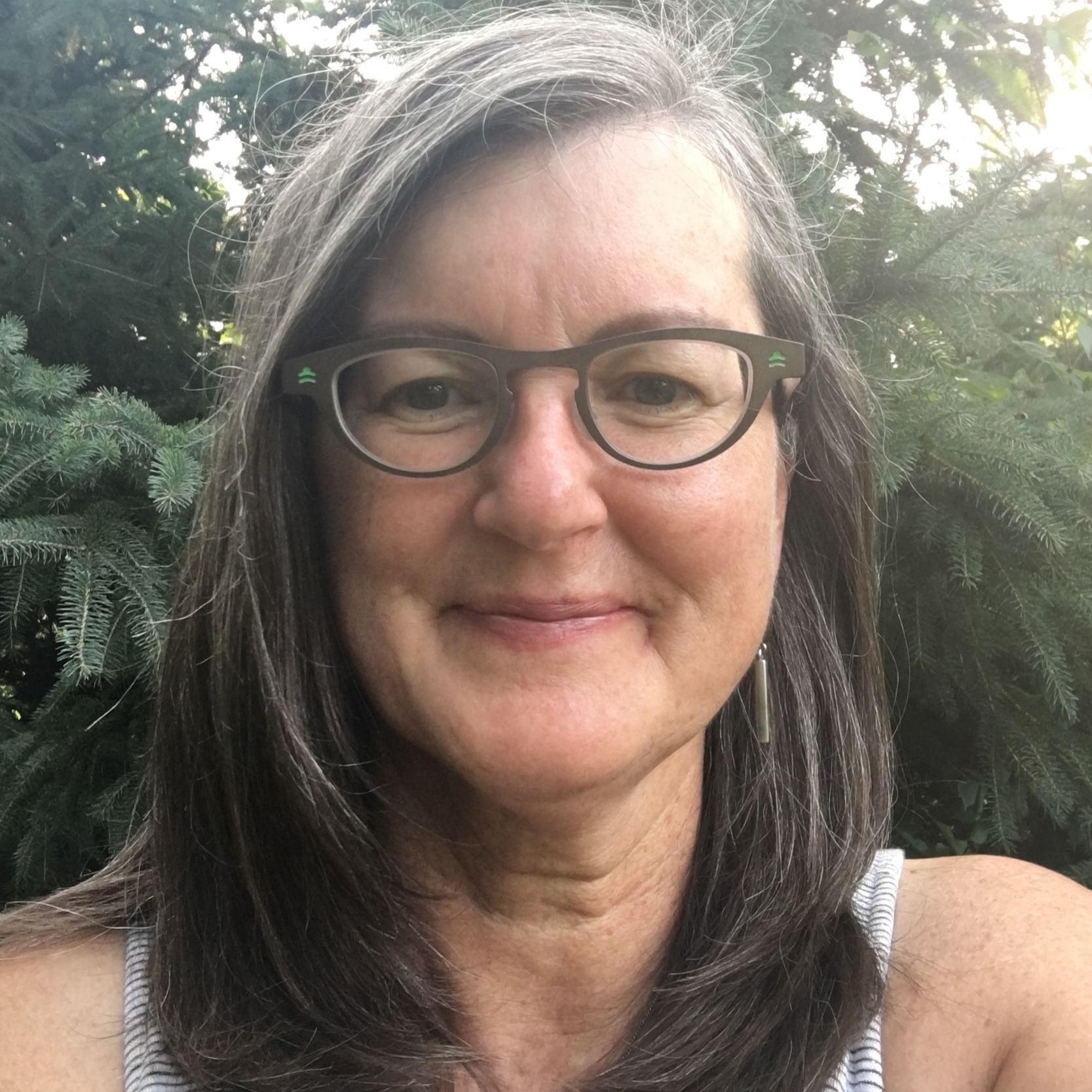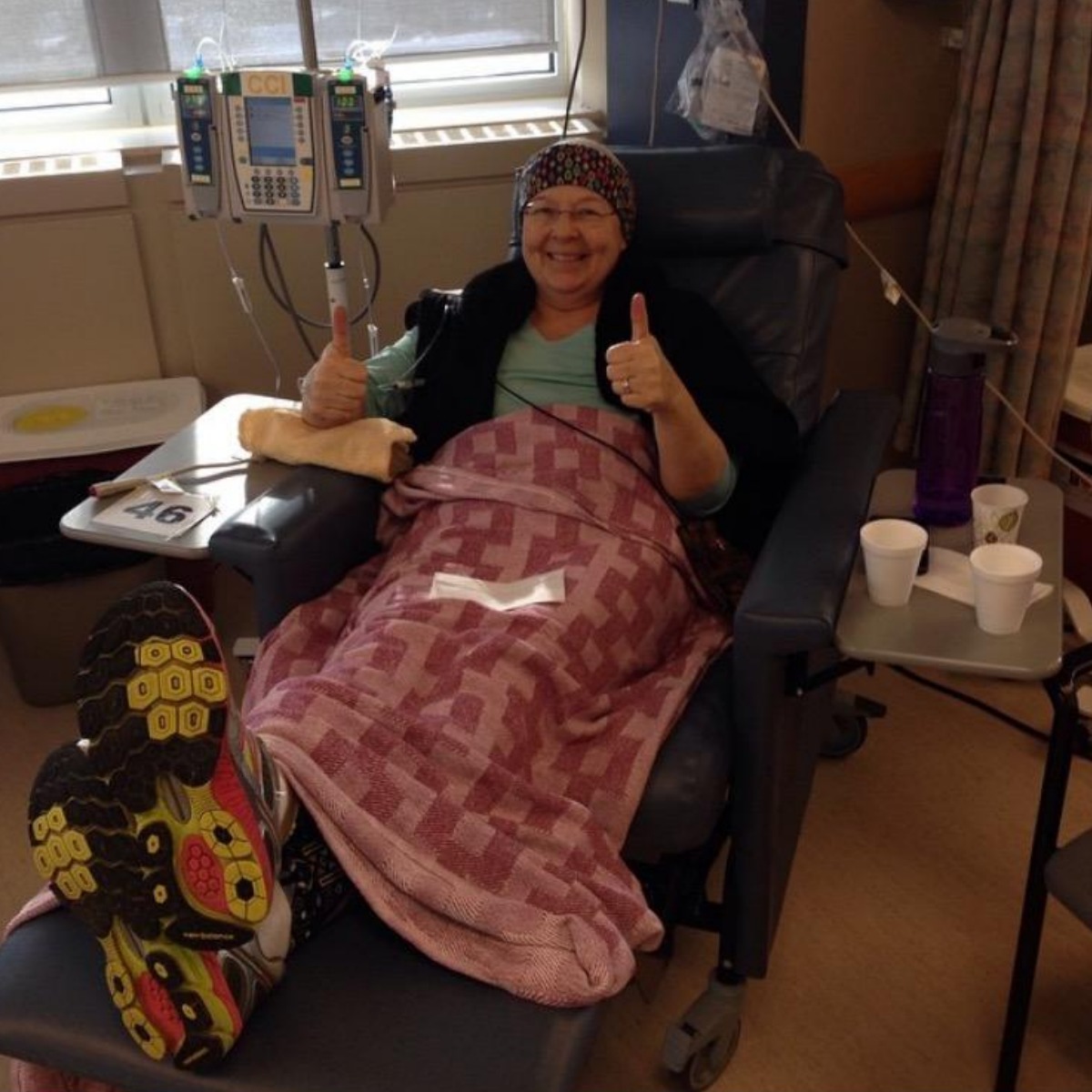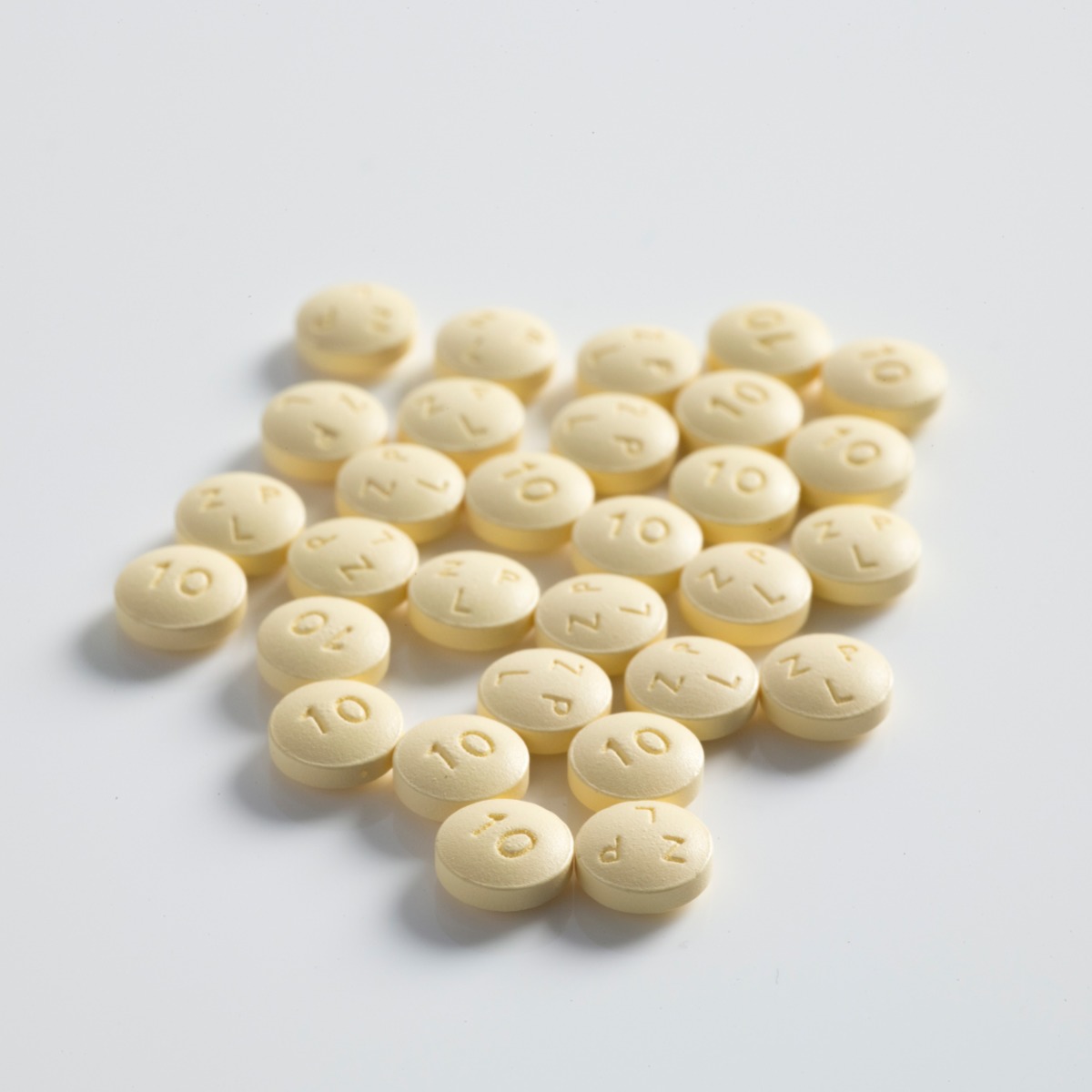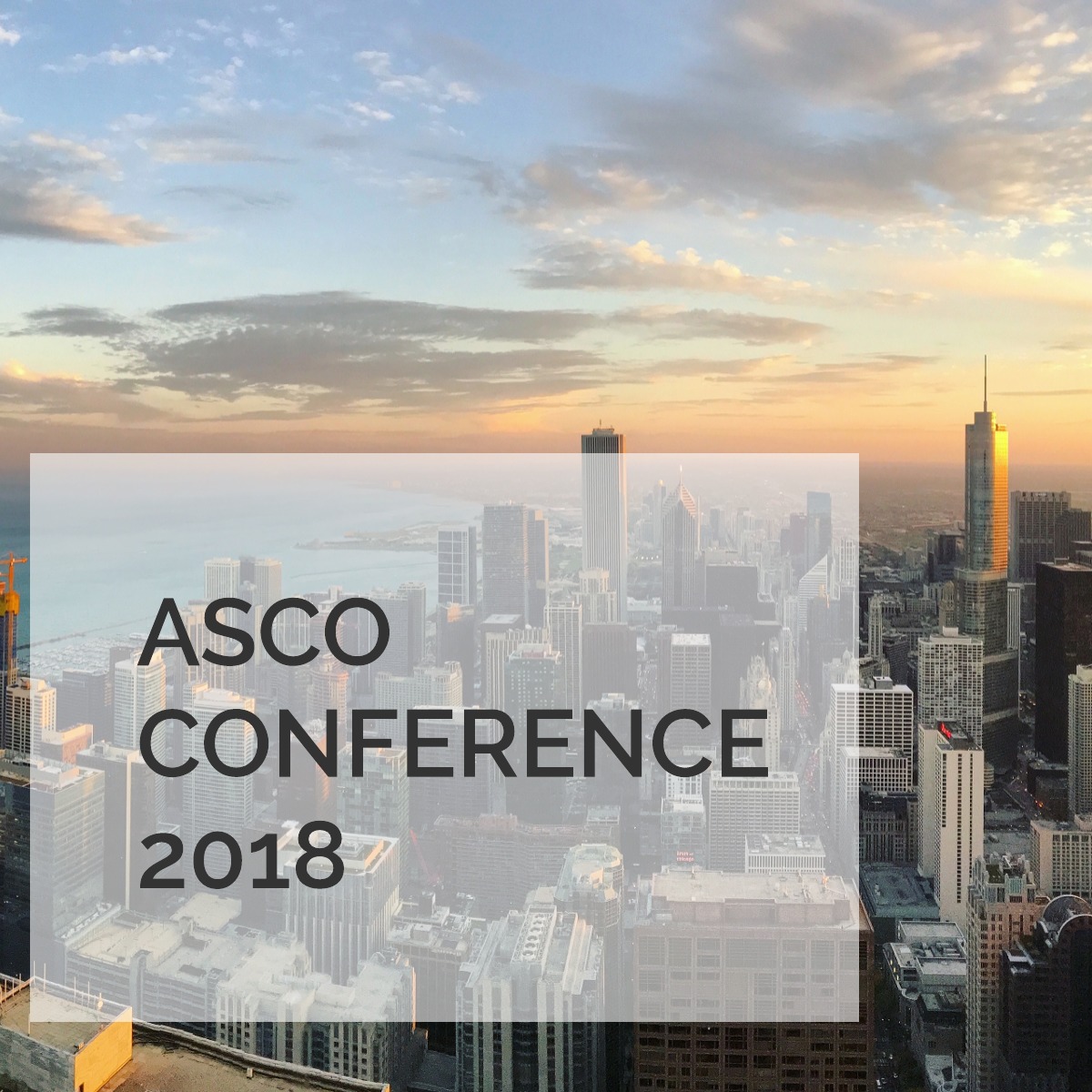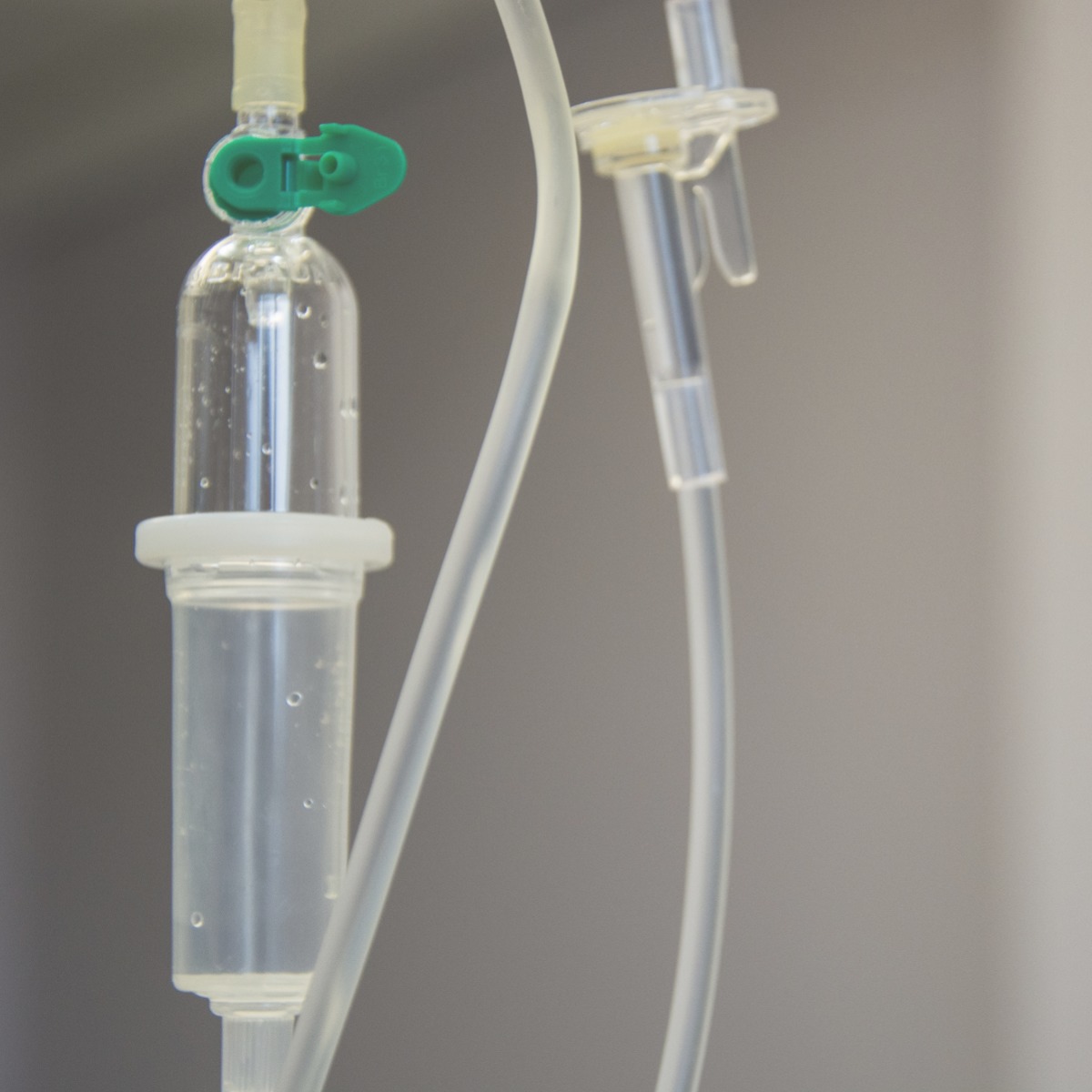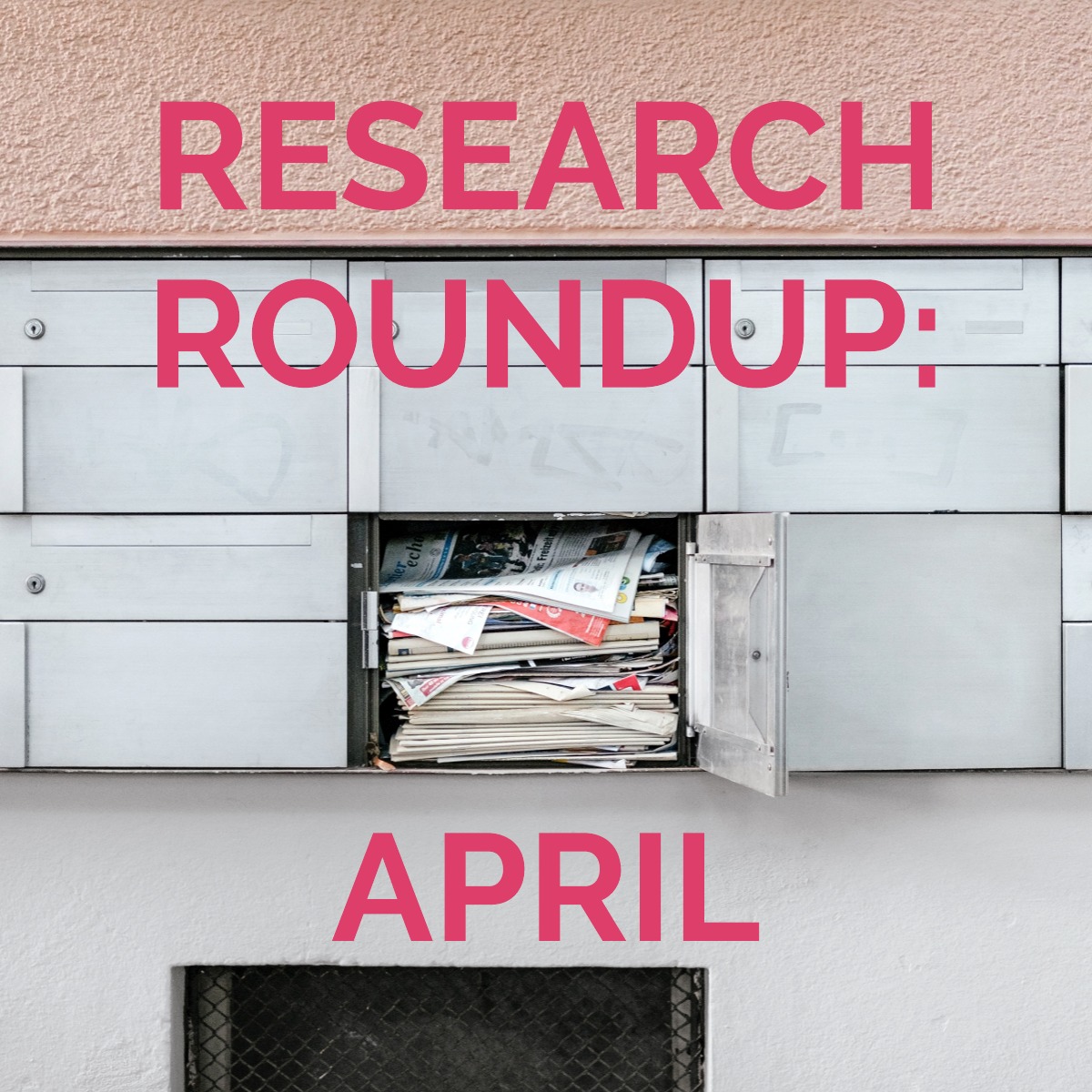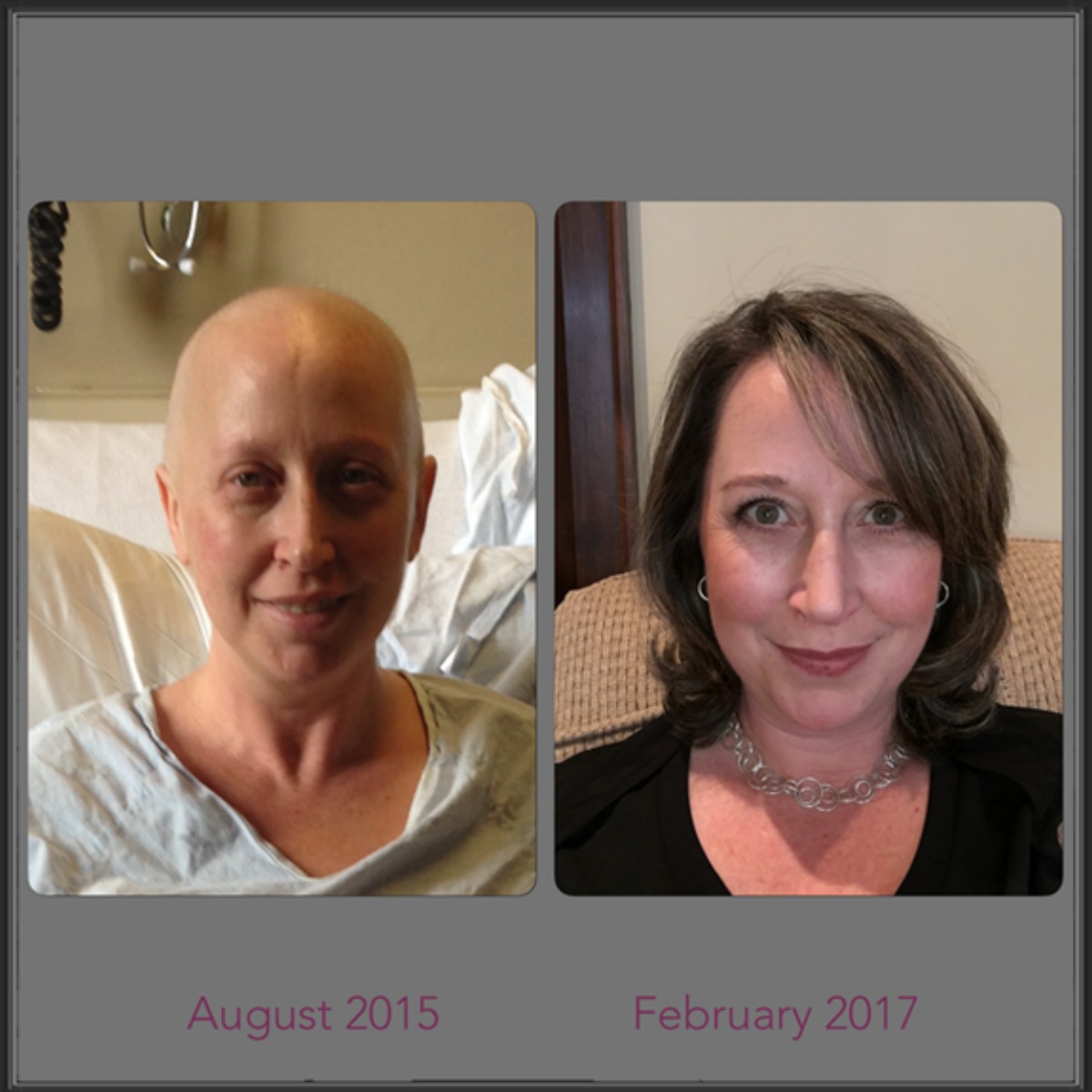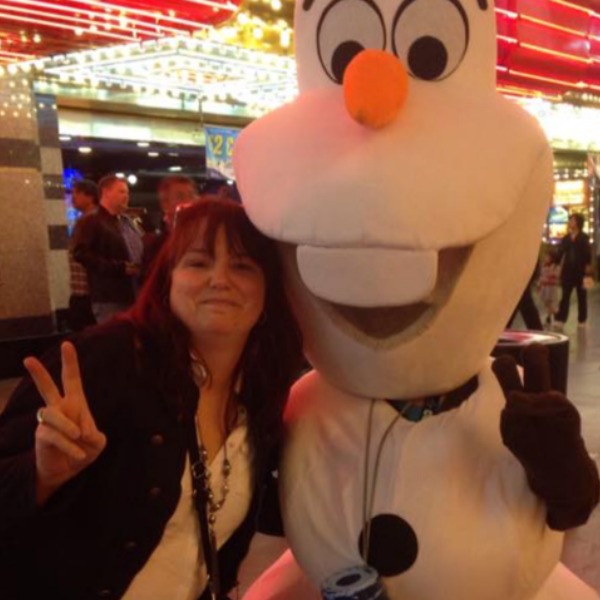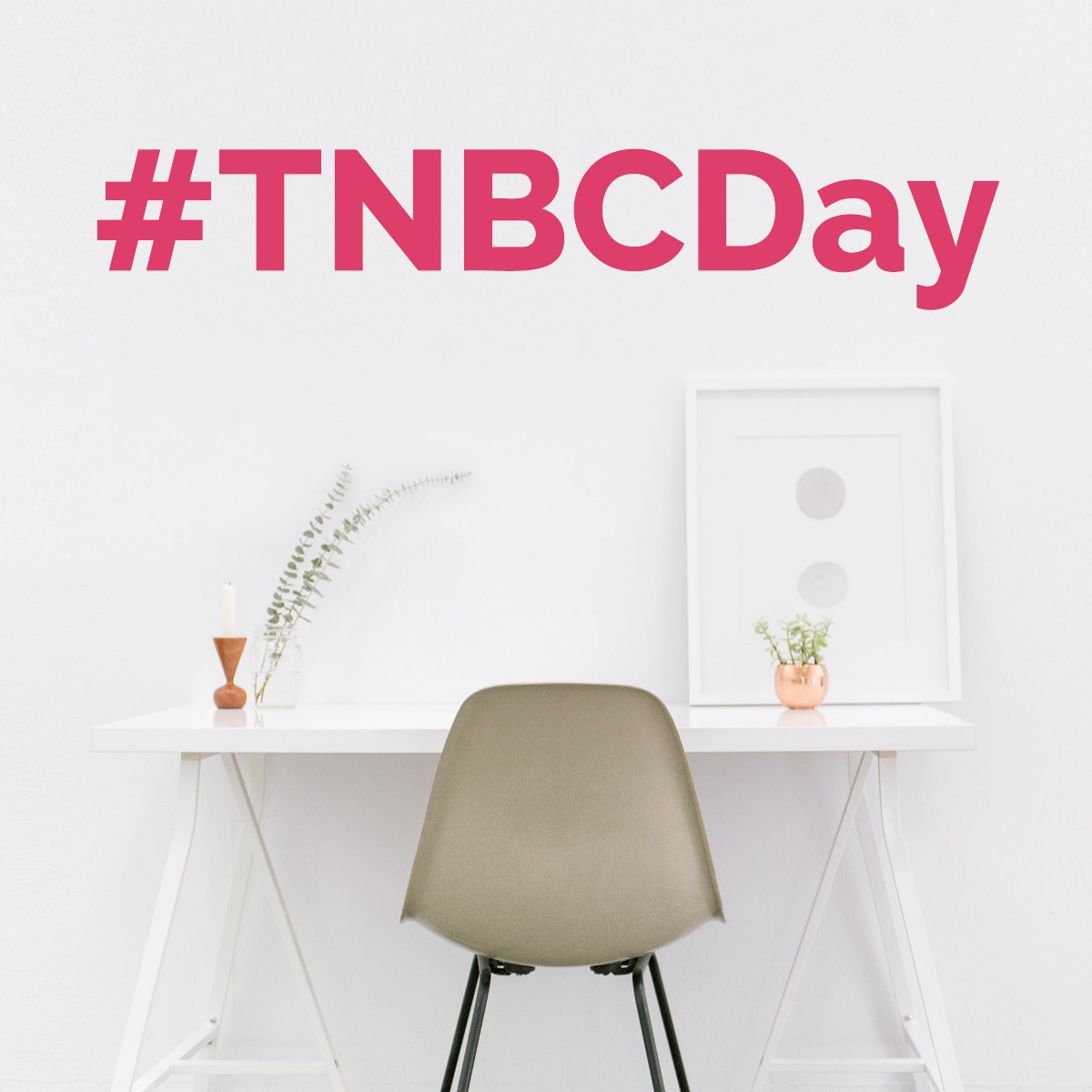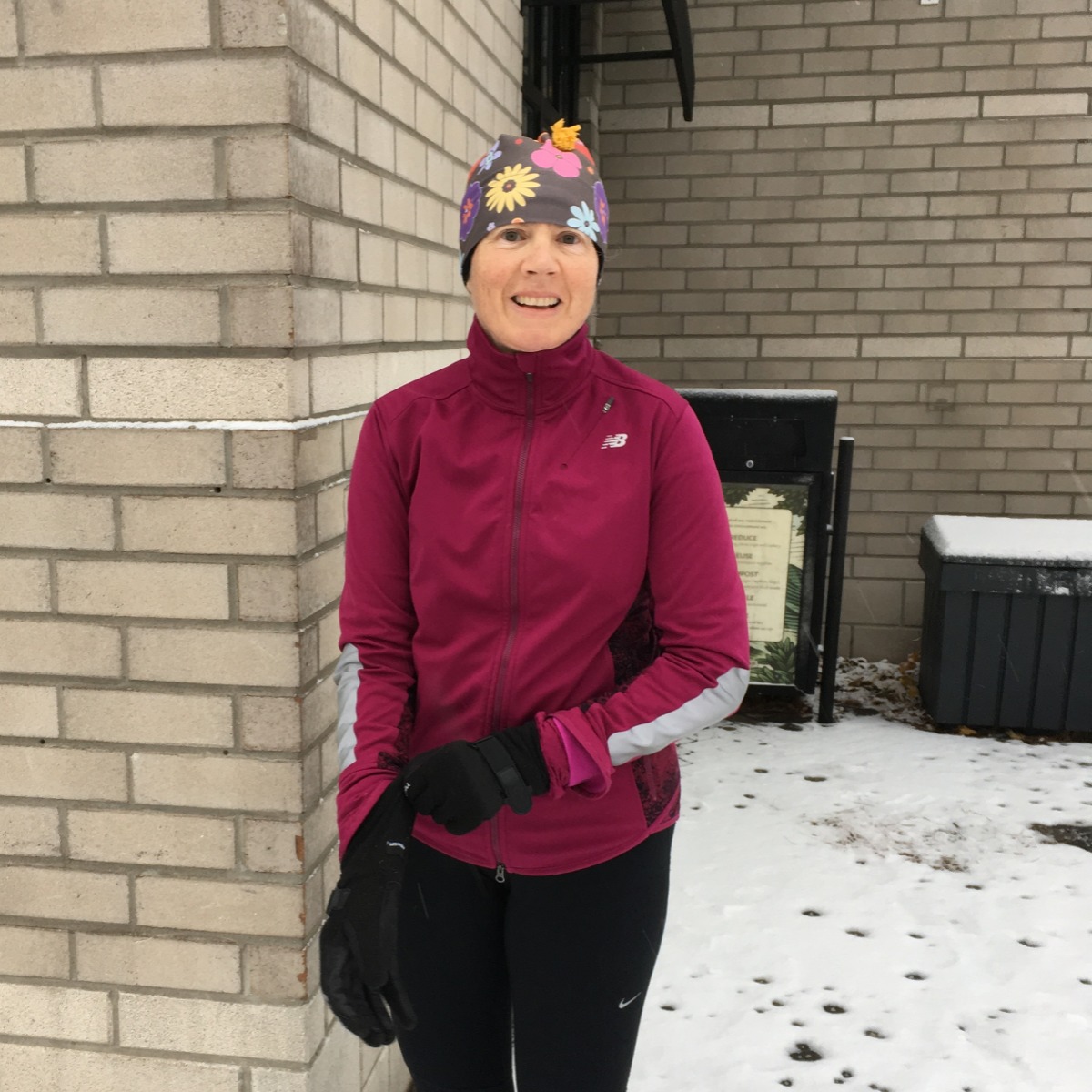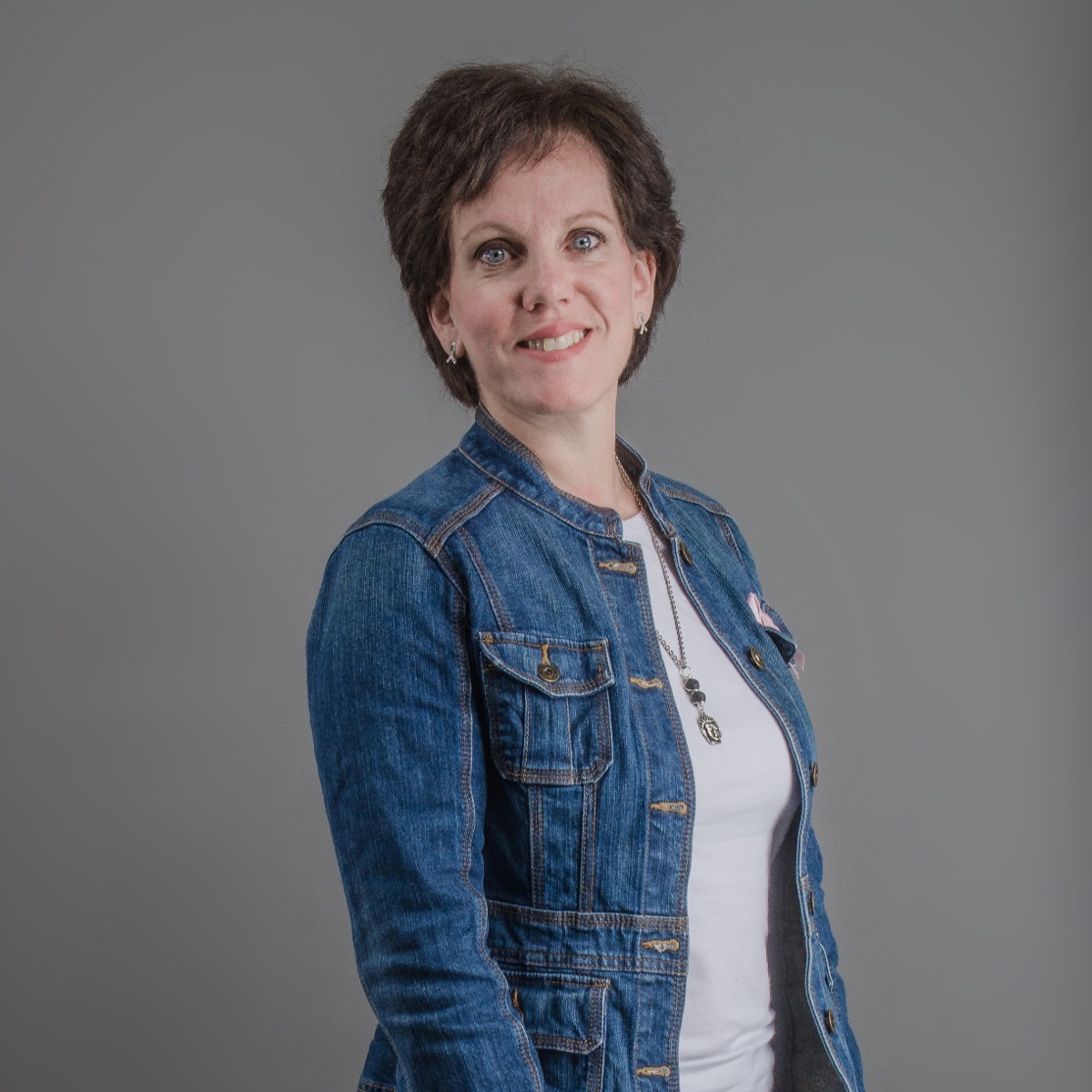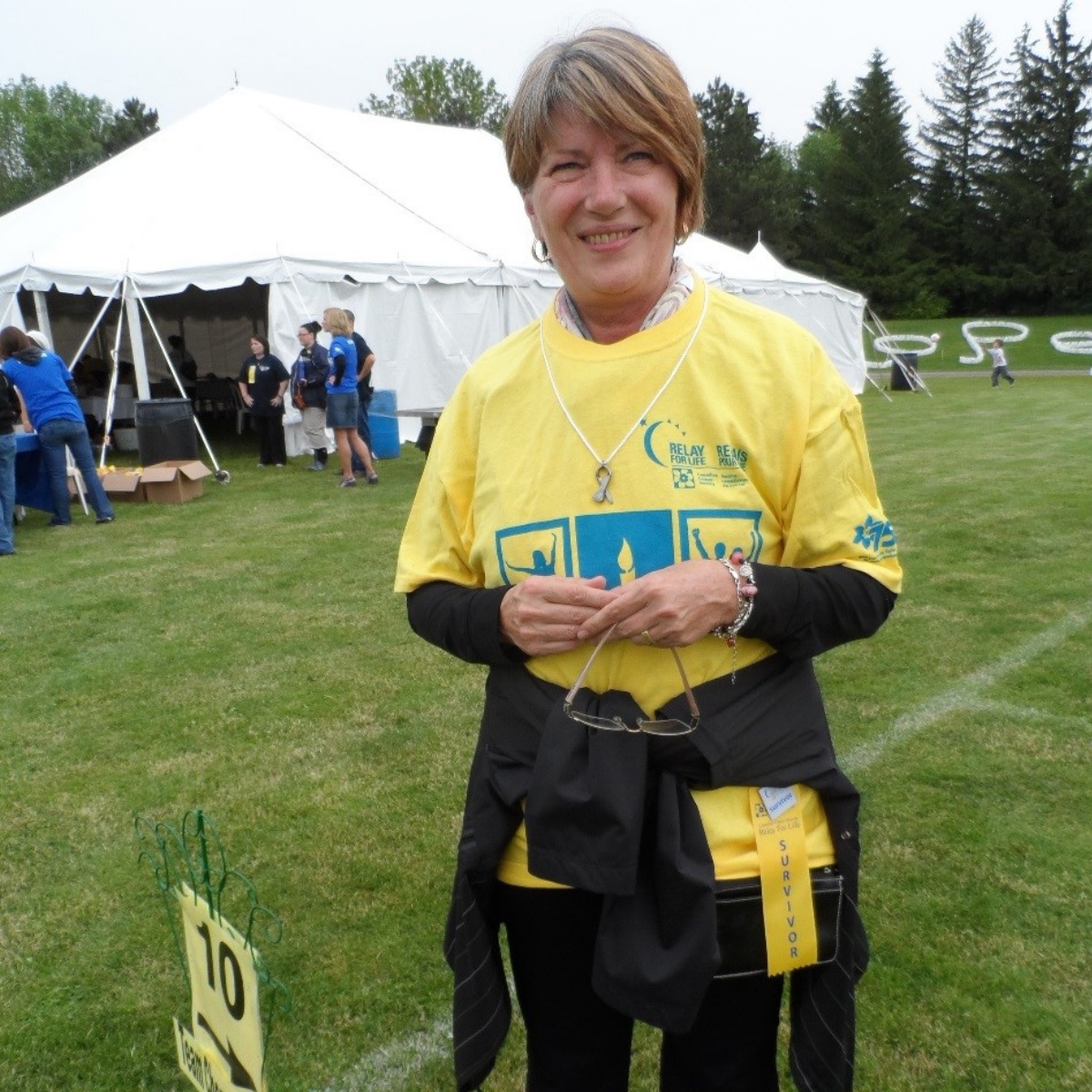By continuing to use our site, you consent to the processing of cookies, user data (location information, type and version of the OS, the type and version of the browser, the type of device and the resolution of its screen, the source of where the user came from, from which site or for what advertisement, language OS and Browser, which pages are opened and to which buttons the user presses, ip-address) for the purpose of site functioning, retargeting and statistical surveys and reviews. If you do not want your data to be processed, please leave the site.
The Voice of People With Breast Cancer
Education
Our Voices Blog
Tag : chemotherapy
Q&A with ODANO on how they can help you access drug coverage
Last month, we connected with Alan from ODANO, the Oncology Drug Access Navigators of Ontario, to answer a few questions about who they are and how they help patients in Ontario access life-saving medications.
Living with inflammatory breast cancer
In August 2014 I found a lump in my left breast. This is unusual for inflammatory breast cancer (IBC), a rare and very aggressive cancer where cancer blocks the lymph vessels.
Here’s what you need to know about inflammatory breast cancer
Inflammatory breast cancer (IBC) is a rare and aggressive form of the disease that doesn’t get a lot of attention. It’s tough to diagnose because of its unusual symptoms, and it’s more common in young women which makes it particularly tricky since the symptoms mimic that of mastitis, a common breast infection in new moms who breastfeed. Here’s what you need to know:
Triple-negative breast cancer: managing the fear of recurrence
“Abject terror floating in the back of my head.” That’s how Shelley Moore of St. Albert, Alberta describes her reaction to her 2014 diagnosis of Stage II triple negative breast cancer.
Biosimilars for Cancer: What’s Coming Down the Pipeline?
Biosimilar therapies have already been in use in Canada for a few years, mostly in the chronic disease and supportive care settings. But soon they will be used for treating cancer as well. There isn’t a lot of information about these new oncology biosimilars and it’s important that breast cancer patients are aware of how their treatment plans may be impacted by these new therapies. We explore some of the emerging biosimilar therapies that will be used to treat cancer patients soon.
Research highlights from ASCO’s 2018 Annual Meeting
Earlier this month, the annual meeting for the American Society of Clinical Oncology was held in Chicago. Here, key research developments in every area of cancer care are shared with oncology professionals from around the world. We’ve compiled the top breast cancer highlights to come out of this year’s ASCO 2018 conference:
Biosimilars: What are the doctors saying?
Now that you’ve learned more about biosimilars, it may also be of interest to learn what the physician perspective is. We connected with Dr. Sandeep Sehdev, a medical oncologist at the Ottawa Hospital, to get his perspective on biosimilars and what he thinks is important for patients to understand about them.
Tips for managing cancer-related brain fog
One of the most common complaints you hear from patients getting chemotherapy is brain fog. It's why it's most commonly known as "chemo brain". But what is it and why does it happen? And most importantly, how can it be managed?
Clinical Trials – 101
Clinical trials play a big role in the discovery of new treatments for cancer. They help to determine the safety and effectiveness of potential new treatments. For metastatic patients, they can also potentially offer additional treatment options after the cancer has grown resistant to the standards of care.
Research Roundup: April
Here are some highlights from the latest in breast cancer research:
The flying trapeze artist: Hanging in thin air, waiting for the rest of my life to begin
For Jenn Abbott, finishing treatment for breast cancer is like a flying trapeze. Having received her “NED” (no evidence of disease), she is in mid-air, no longer holding on to the bar that represents the medical team that saved her life, while at the same time, not yet catching the second bar that represents the rest of her life after cancer. She is in limbo, facing post-traumatic stress disorder brought on by her cancer treatment which included five surgeries and a severe adverse reaction to chemotherapy that meant she had to stay in the hospital for two weeks. She feels PTSD after cancer treatment is real.
Living like I’m dying
I’m from Ottawa. I was diagnosed de novo in March 2011 with metastatic breast cancer and metastasis to the bone. I am 53 years old. I am a mother, daughter, sister, artist, lesbian, atheist, and gardener.
Fear of recurrence runs high for triple negative breast cancer patient
Montreal resident Kelina feels like a “sitting duck” because although researchers are working hard to find treatments for triple negative breast cancer, there are no targeted therapies available to this cancer, which was diagnosed in December 2015.
Triple Negative Breast Cancer Day
Triple Negative Breast Cancer Day is an annual global event on March 3. This is a day for a global awareness and grassroots fundraising aimed at helping to eradicate triple-negative breast cancer and celebrating the courage and strength of triple negative breast cancer patients and survivors.
A Running Thread
It’s good to set challenging goals.
I ran my first marathon the year I turned 50, and completed another two years later. I loved establishing training goals that would force me to push myself physically, and feeling healthy and strong as the result of running regularly. In November 2015, I decided on a new goal: to run another marathon in the fall of 2016, and complete it with a time fast enough to qualify for the Boston Marathon.
Tips For Managing Fatigue
Cancer related fatigue is so much more than just feeling tired from a long, hard day. Your cancer treatment can cause you to experience what feels like full body exhaustion. You’re so exhausted that you can’t get out of bed and no amount of rest will give you back your energy.
Helping you live better with Chemo Induced Neuropathy
Some forms of chemotherapy can affect or cause damage to your nerve endings, most commonly your sensory nerves. Your sensory nerves tell your brain to feel certain sensations such as touch, heat, cold and pain. When these nerves are damaged, you can have difficulty feeling these sensations correctly. It can lead to tingling, burning or numbness in your hands or feet, usually starting with your toes or fingers and gradually moving toward the centre of your body. It can cause debilitating pain, difficulty feeling hot or cold temperatures and can reduce your motor functioning.
How I regained control of my life when breast cancer made me feel like I had lost it
My journey began on New Year’s Eve 2015, when I noticed a red mark on my right breast. It wasn’t long before my stomach dropped and I felt my face flush while my throat did that swallowing action reserved for moments just like this.
Overcoming the lasting side effects of breast cancer
Wendie Hayes of Stoney Creek Mountain, Ontario was diagnosed in 2011 with triple negative metaplastic phyllodes breast cancer at the age of 55 after she discovered a lump in her left breast. Her cancer is a rare type, affecting less than one percent of breast cancer patients, so it took some time to get the right diagnosis.
Ask an expert: Febrile neutropenia explained
Febrile neutropenia, or FN, is a common and potentially serious side effect of chemotherapy treatment.


